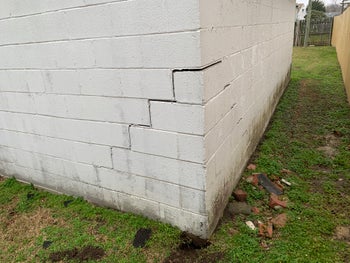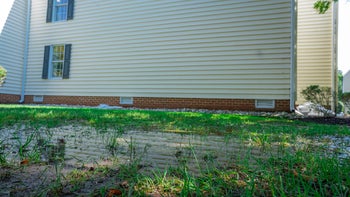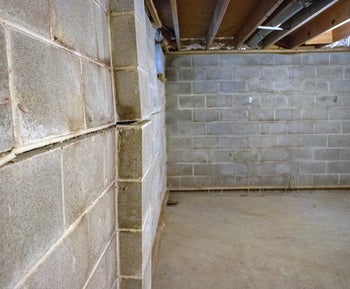How Far Should Mulch Be From Your House?
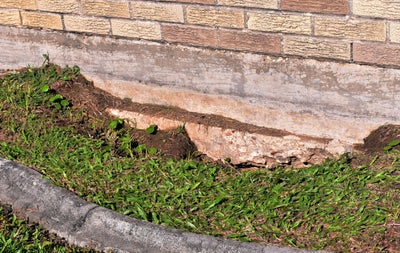
Mulch is great for your garden, but did you know it can cause problems if it’s too close to your house? In Canada, this can be a big issue, especially after snowmelt. Let’s talk about why mulch needs to be kept away from your home and how far it should be.
Why Mulch Can Be a Problem
Mulch is often used to keep soil moist and to make gardens look nice. But when it’s too close to your house, it can cause issues like:
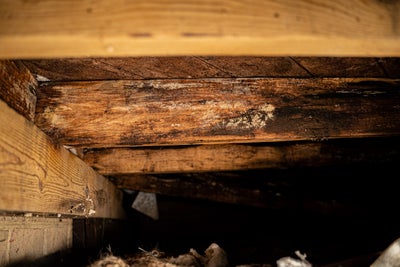
- Pest Attraction: Mulch can attract pests like termites and ants. These pests might decide to move from the mulch to your home. If you have a crawl space, this can end up causing wood rot.
- Moisture Issues: Mulch holds moisture, which can seep into your foundation and basement and cause bowing walls or wall cracks. This is especially a problem during the wet season.
- Mold Growth: Moist mulch near your foundation can lead to mold growth, which can spread to your home. This is more likely to happen if you have a crawl space and basement.
How Far Should Mulch Be?
To keep your home safe, it’s important to maintain a proper distance between the mulch and your foundation. Make sure mulch is at least 6 inches away from your home’s foundation to prevent moisture and pests from getting to your house. Additionally, ensure that the soil under the mulch slopes away from your home to help water drain away, reducing the risk of water damage.
Using a barrier like stone or metal edging can also be beneficial. This helps keep mulch in place and away from your house, providing an extra layer of protection. By taking these steps, you can enjoy the benefits of mulch without risking damage to your home.
Good Alternatives to Mulch
If you’re worried about mulch causing problems, you can use alternatives. Here are some options:
- Gravel: Gravel doesn’t hold moisture and can be a good alternative.
- Rubber Mulch: Made from recycled tires, rubber mulch doesn’t attract pests or hold moisture like wood mulch.
- Stones: Decorative stones can look nice and won’t cause the same issues as mulch.
These options don’t hold moisture and achieve the same aesthetic goals as mulch. If you’re having issues with mulch near your home, consider switching to these alternatives.
How to Repair Foundation Damage Caused by Bad Mulch Placement
If mulch has been placed too close to your home and has caused foundation damage, it’s important to address the problem quickly to prevent further issues. Here’s how you can repair the damage, whether you have a crawl space, slab, or basement.
Crawl Spaces
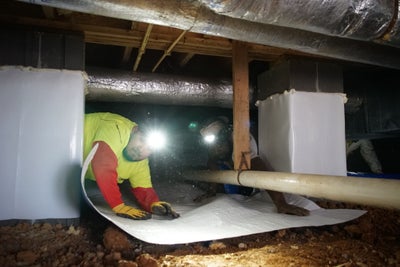
For homes with crawl spaces, moisture from mulch can lead to wood rot, mold, and even structural damage. To repair this, first, remove the mulch and improve drainage around the foundation. Next, inspect the crawl space for signs of damage. Replace any rotted wood and treat mold-affected areas. Installing a vapor barrier and a dehumidifier can help prevent future moisture issues.
Concrete Slabs
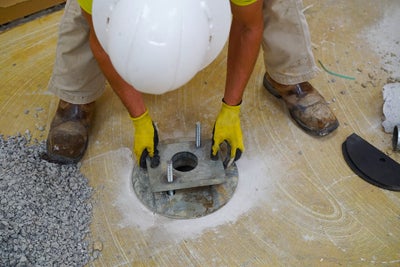
In homes with slab foundations, moisture from mulch can cause the slab to shift or crack. Start by removing the mulch and ensuring proper drainage away from the slab. If there are cracks in the slab, these can often be repaired with foundation piers (helical piers, slab piers, push piers).
Basements
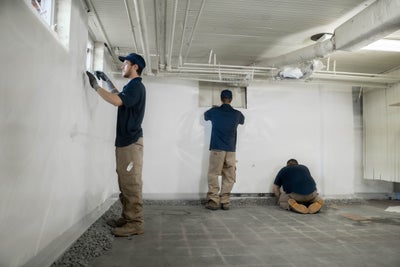
Basements are particularly susceptible to moisture damage from mulch, leading to water seepage, mold, and even foundation cracks. First, remove the mulch and regrade the soil to slope away from the house. Then, waterproof the basement with a wall vapor barrier, an interior drainage system and sump pump to keep moisture out.
Work With Groundworks to Protect Your Foundation
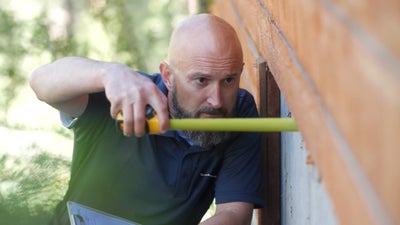
Keeping mulch at least 6 inches away from your house can help prevent pests, moisture problems, and mold. By taking these steps, you can enjoy the benefits of mulch without risking damage to your home. Remember, the weather in Canada can make these problems worse, so it’s important to be proactive.
For more tips on keeping your home safe, contact Groundworks and schedule a free inspection. We’re here to help you protect your home and foundation from any issues that might come your way.
